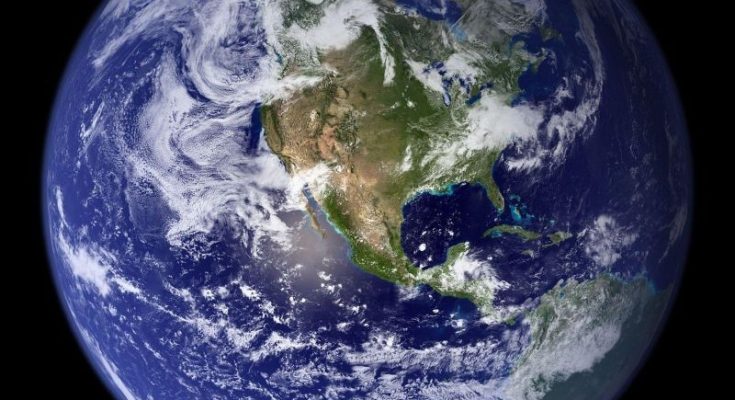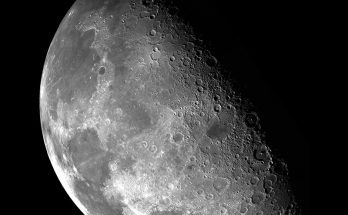#Earth#Lifespan#Oxygen#The Sun#Toho University#NASA
A supercomputer simulation study by researchers at Toho University, using NASA planetary modelling, had predicted that Earth’s oxygen will disappear in approximately one billion years, making the existence of life impossible on the planet, said reports.
The study explored the likely evolution of Earth’s atmosphere by running 400,000 simulations.
As the sun ages, it will become hotter and brighter, and affect Earth’s climate.
The study, published in Nature Geoscience, titled ‘The future lifespan of Earth’s oxygenated atmosphere’, predicted that the future lifespan of Earth’s oxygen-rich atmosphere is 1 billion years.
“For many years, the lifespan of Earth’s biosphere has been discussed based on scientific knowledge about the steady brightening of the Sun and global carbonate-silicate geochemical cycle,” Kazumi Ozaki, Assistant Professor at Toho University in Tokyo, Japan, said in a news release.
“It’s generally thought Earth’s biosphere will come to an end in 2 billion years due to the combination of overheating and CO2 scarcity for photosynthesis,” Ozaki said.
“If true, one can expect atmospheric O2 levels will also eventually decrease in the distant future. However, it remains unclear exactly when and how this will occur.”
While life could theoretically exist in such an atmosphere, it would be drastically different from what we know, Ozaki noted, adding that the new research narrows that timeframe, predicting rapid deoxygenation in one billion years.





